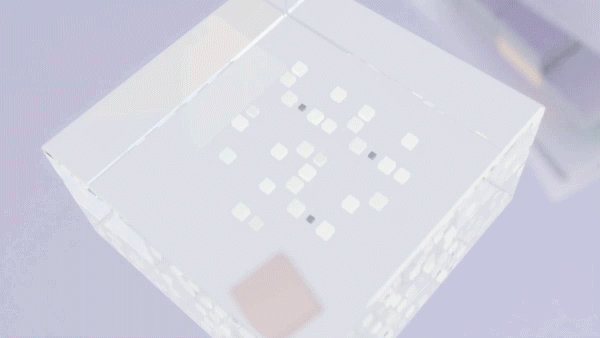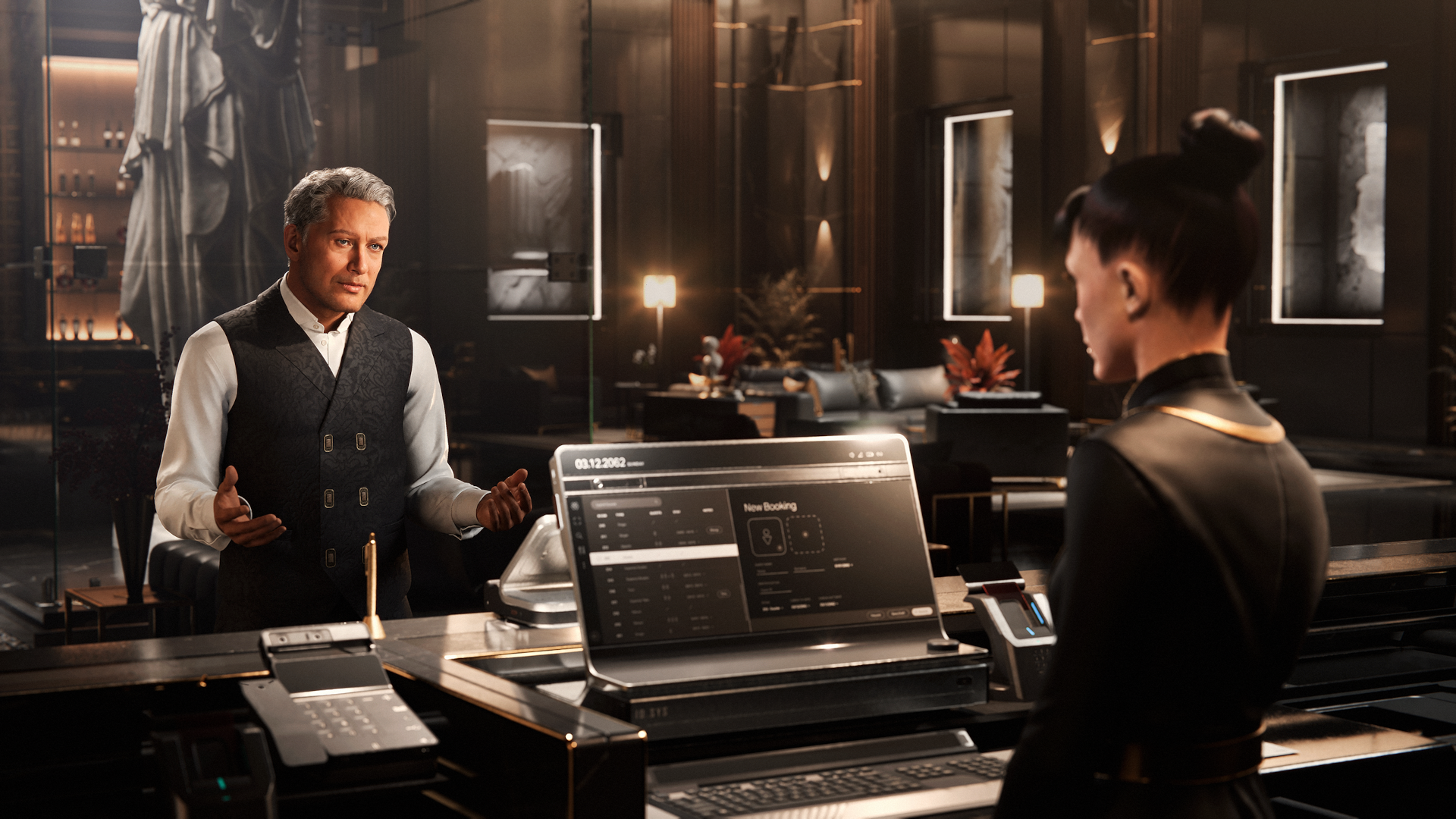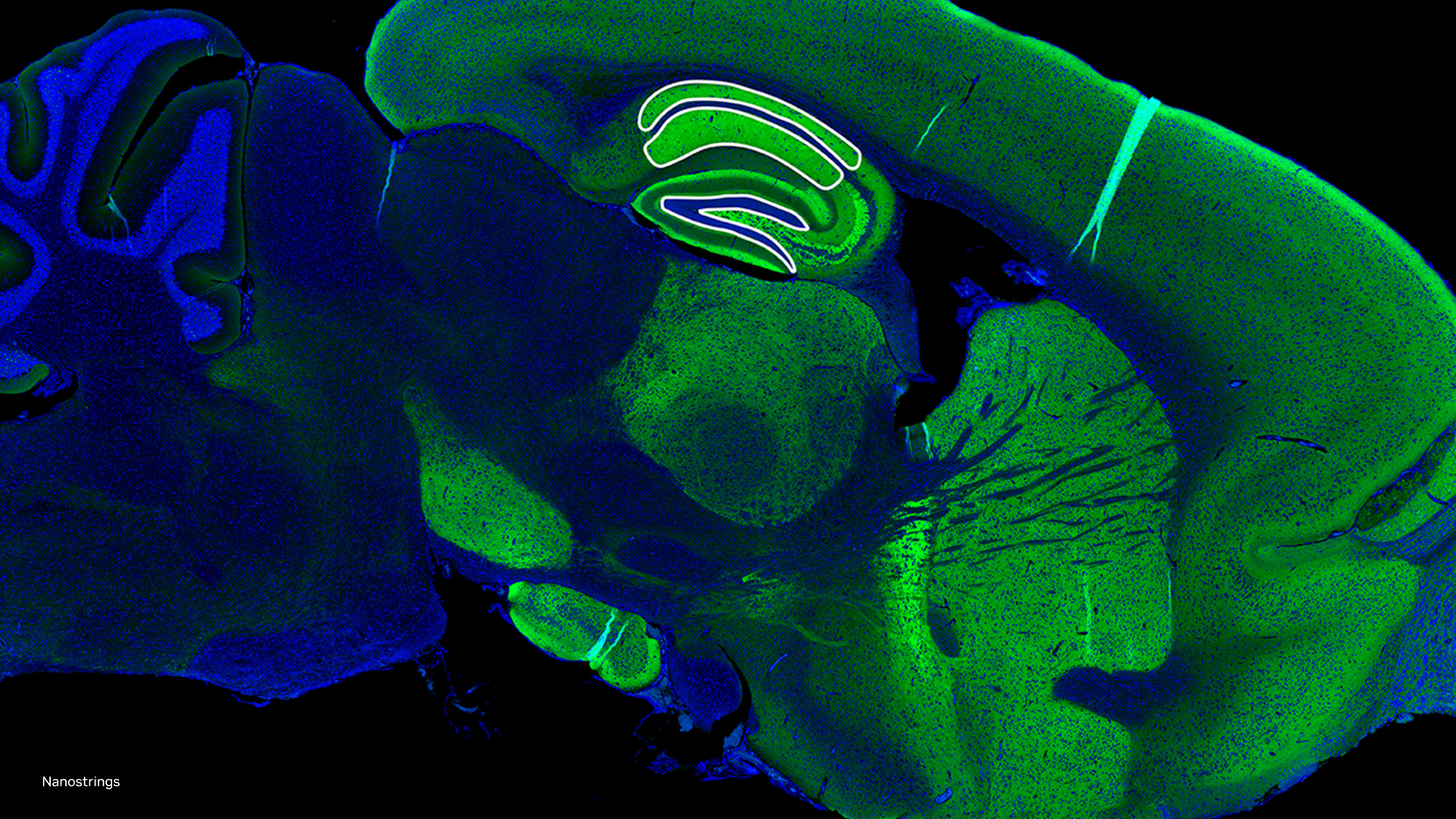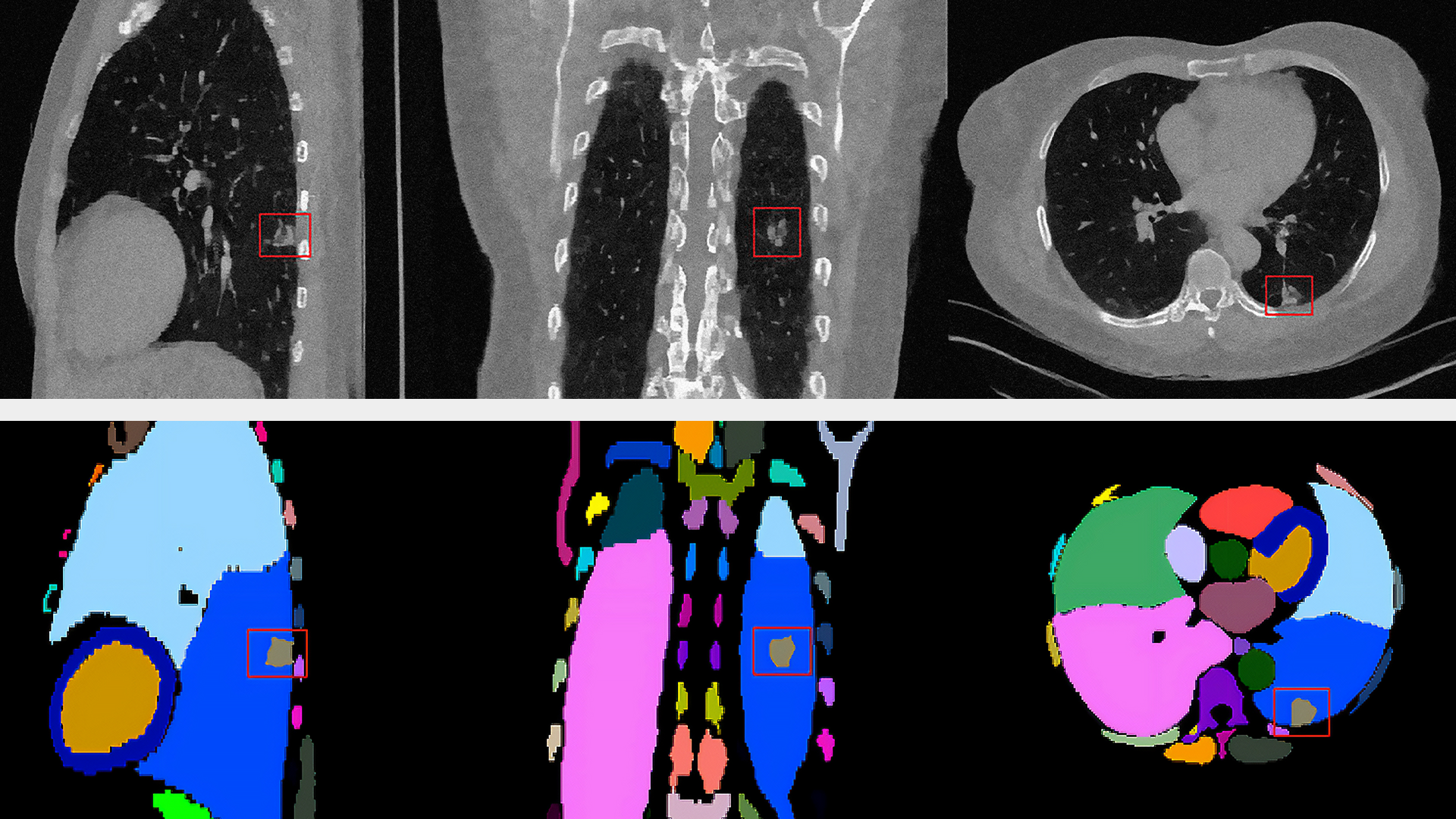Researchers from Google’s DeepMind and the University of Oxford developed a deep learning system that outperformed a professional lip reader.
Using a TITAN X GPU, CUDA and the TensorFlow deep learning framework, the team trained their models on over 100,000 sentences from nearly 5,000 hours of BBC programs. By looking at each speaker’s lips, the system accurately deciphered entire phrases, with examples including “We know there will be hundreds of journalists here as well” and “According to the latest figures from the Office of National Statistics”.
The AI system annotated about 50% of the words without any errors, compared to the professional who annotated just 12.4%.
“We believe that machine lip readers have enormous practical potential, with applications in improved hearing aids, silent dictation in public spaces (Siri will never have to hear your voice again) and speech recognition in noisy environments,” says Yannis Assael, who is working on a similar deep learning system called LipNet which is being trained on an NVIDIA DGX Station.
Read more >
Lip Reading AI More Accurate Than Humans
Nov 18, 2016
Discuss (0)

Related resources
- GTC session: Human-Like AI Voices: Exploring the Evolution of Voice Technology
- GTC session: Reward Fine-Tuning for Faster and More Accurate Unsupervised Object Discovery
- GTC session: Generative AI Theater: AI Decoded - Generative AI Spotlight Art With RTX PCs and Workstations
- NGC Containers: Autovox Hindi ASR
- Webinar: How Telcos Transform Customer Experiences with Conversational AI
- Webinar: Accelerate AI Model Inference at Scale for Financial Services









